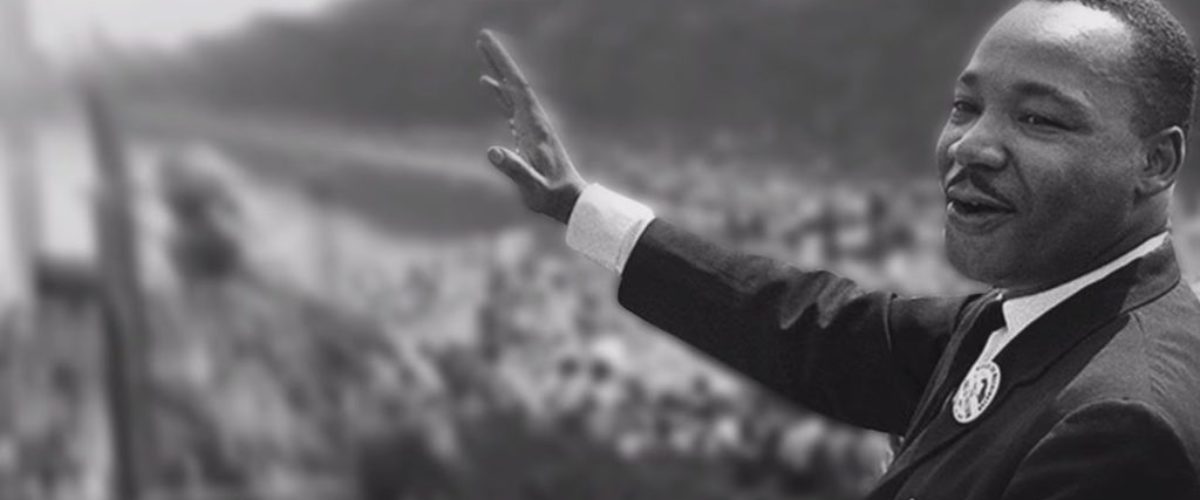The Martin Luther King Jr. and Urban Planning Correlation
The Link between Martin Luther King Jr. and Urban Planning
I was in a dilemma with the most recent Martin Luther King Jr. holiday (January 15, 2020), which landed on a Monday, and you may ask why? I mean it’s great you get to honor a great individual and you get the day off right? Well, if you follow Urban Planning Life on Instagram (@urbanplanninglife) you know that I post funny urban planning related memes every Monday to break the ice for the new work week. But, this Monday I knew I would have to break tradition because the day wasn’t a joke. So, I put it in my mind that I would instead do a post about Reverend King.
But, the thing is I couldn’t just post anything, because I run an educational platform that is all about Urban Planning. As a result, the post would have had to relate to urban planning in some way. That Monday morning I began to think and think and honestly I began to question if there was even a correlation between Reverend King and Urban Planning, but when it hit me, it hit me and I smiled. I was thinking to small, the Urban Planning field is a multifaceted, multidimensional, multi-intersected so of course there was a Correlation!
Brief History on Martin Luther King Jr
Dr. Martin Luther King Jr. was originally born Michael Luther King Jr. on January 15, 1929 in Atlanta Georgia. Martin was born into a Christian household. To be specific, his lineage includes a line of pastors. His grandfather began the family’s long tenure as a pastor of the Ebenezer Baptist Church in Atlanta, serving from 1914 to 1931; then his father served from then until his death, and from 1960 until his untimely murder Martin served as a co-pastor.
Martin was not only religious he was was very decorated as a scholastic scholar. According to the Nobel Prize Organization Martin graduated from a segregated high school at the age of fifteen; then went on to receive a bachelors of arts (B. A.) degree in 1948 from Morehouse College. Morehouse is a distinguished Negro institution located in Atlanta. After three years of theological study at Crozer Theological Seminary in Pennsylvania, he was awarded the B.D. in 1951. Soon after he enrolled in graduate studies at Boston University, completing his residence for the doctorate in 1953 and receiving the degree in 1955.
The Urban Planning Link
This year, 2020, marked the 26th anniversary of the President’s Executive Order 12898 on Environmental Justice and Health and the 56th anniversary on the Civil Rights Act. You may be wondering okay you gave us his faith and educational background, but how does Urban Planning fit in and what does Reverend King have to do with the field of Urban Planning and my answer is “EVERYTHING! .
Whether you believe it or not his ideologies focused on the betterment of urban planning, parks and recreation, schools and education, human health, meaningful work, and democratic decision making as genuine civil rights issues. As I stated above, the field of urban planning is multifaceted, multidimensional, and crosses path with many other professions like architecture, cultural anthropology, political science, parks and recreation, geography, math, and sociology. Each urban planner should be striving to meet Martin Luther King Jr’s ideologies when we are guiding developers, the general public, and upper management through the development process. You should be asking yourself, how does this development impact the city, the community the adjacent neighborhood; and if negatively what mitigation measures can be implemented to reduce the impacts and make it better. This is your job as a planner.
Further, we all should want not only equality, but equitable development that doesn’t pander to one social class (social stratification) or a particular race while diminishing the rights or harming the health of others. Everyone should be able to live an environment that sets them up for success and everyone should be treated the same. However, for years the Urban Planning field has been used to do the exact opposite through heinous practices like exclusionary zoning and land use which set-out yo prevent racial and ethnic minorities from moving into middle- and upper-class neighborhoods. This practice is known as Redlining. In the United States and Canada, redlining is the systematic denial of various services to residents of specific, often racially associated, neighborhoods or communities, either directly or through the selective raising of prices.
Conclusion
Despite our despicable pass, today is a new day and the urban planning field is making tremendous strides, but we must keep going and moving forward while never forgetting where we have been. I have great hope in the current and future generations. Hear me when I say, “We do not need a professional field crammed with conformist.” The work isn’t done Planners, dare to dream, dare to be different, dare to do better than those in our not so distant past, and dare to uphold Dr. Martin Luther King Jr’s legacy!
Cheers to the Urban Planning Life because for a select few of us Urban Planning is Life. If you enjoyed this blog please let me know by leaving a comment below or sending a personal message to the Urban Planning Life Contact Us page.
